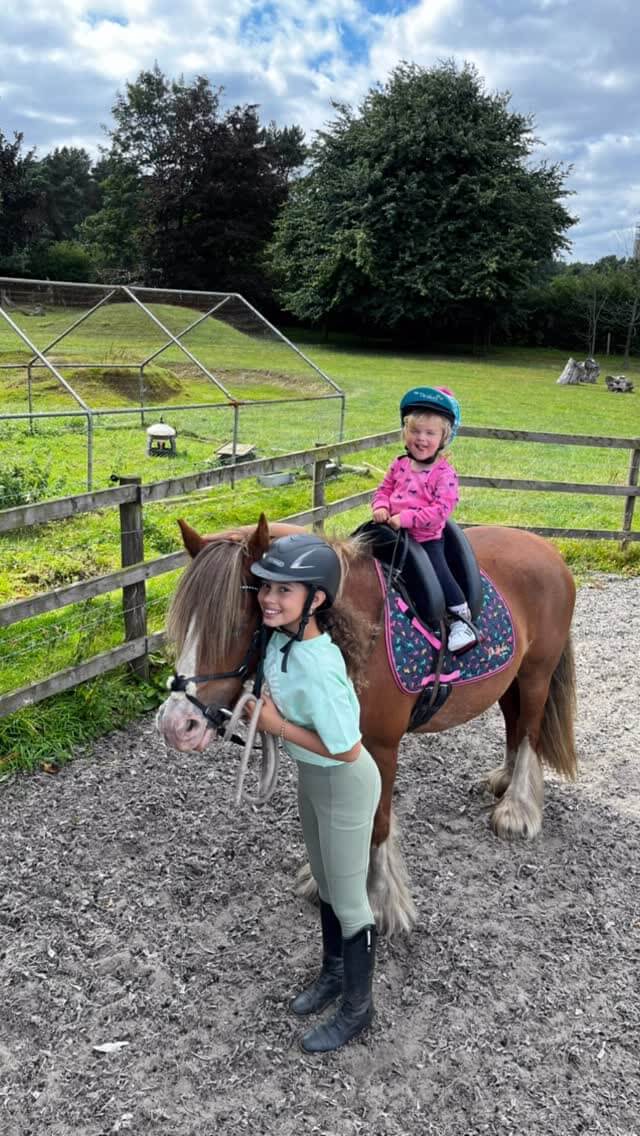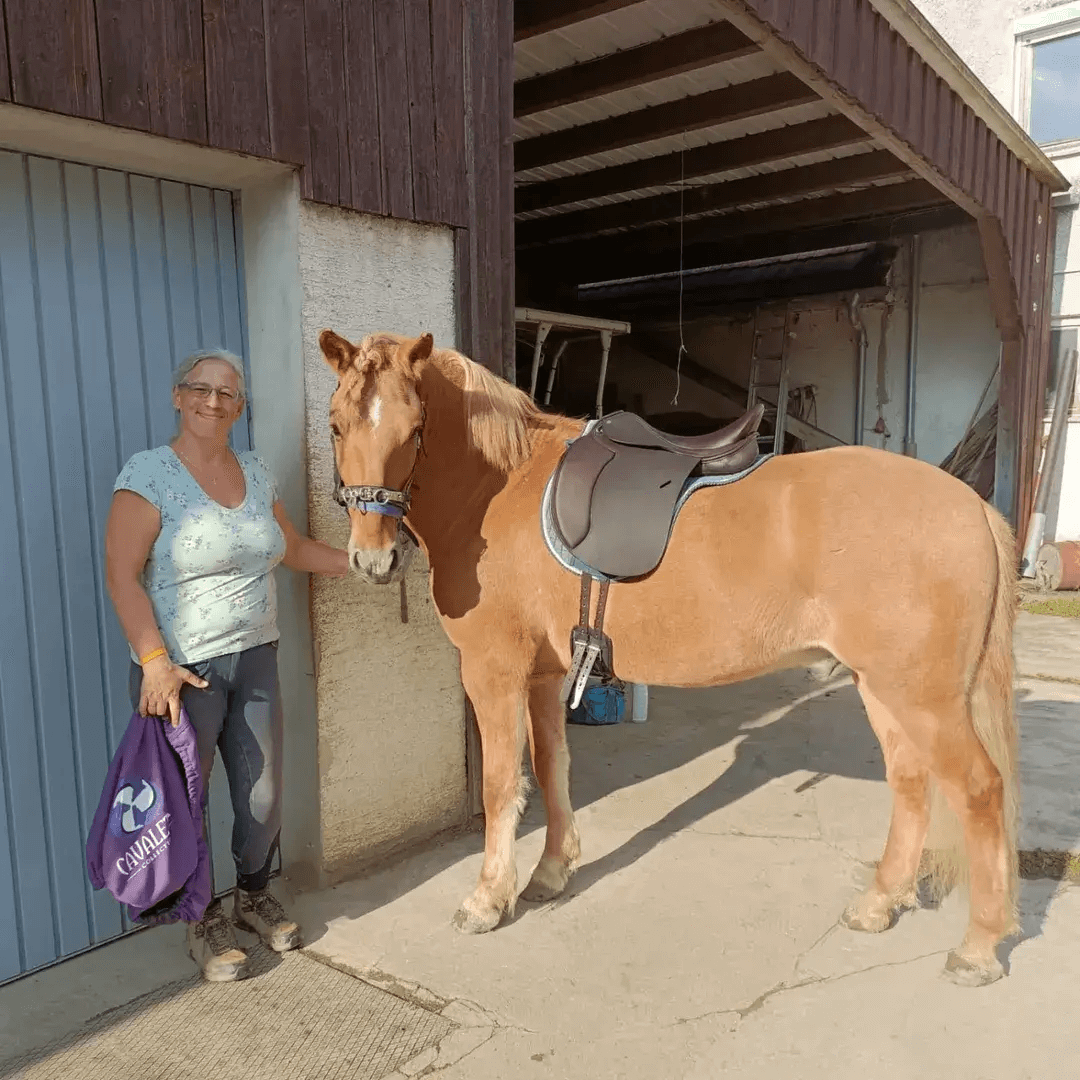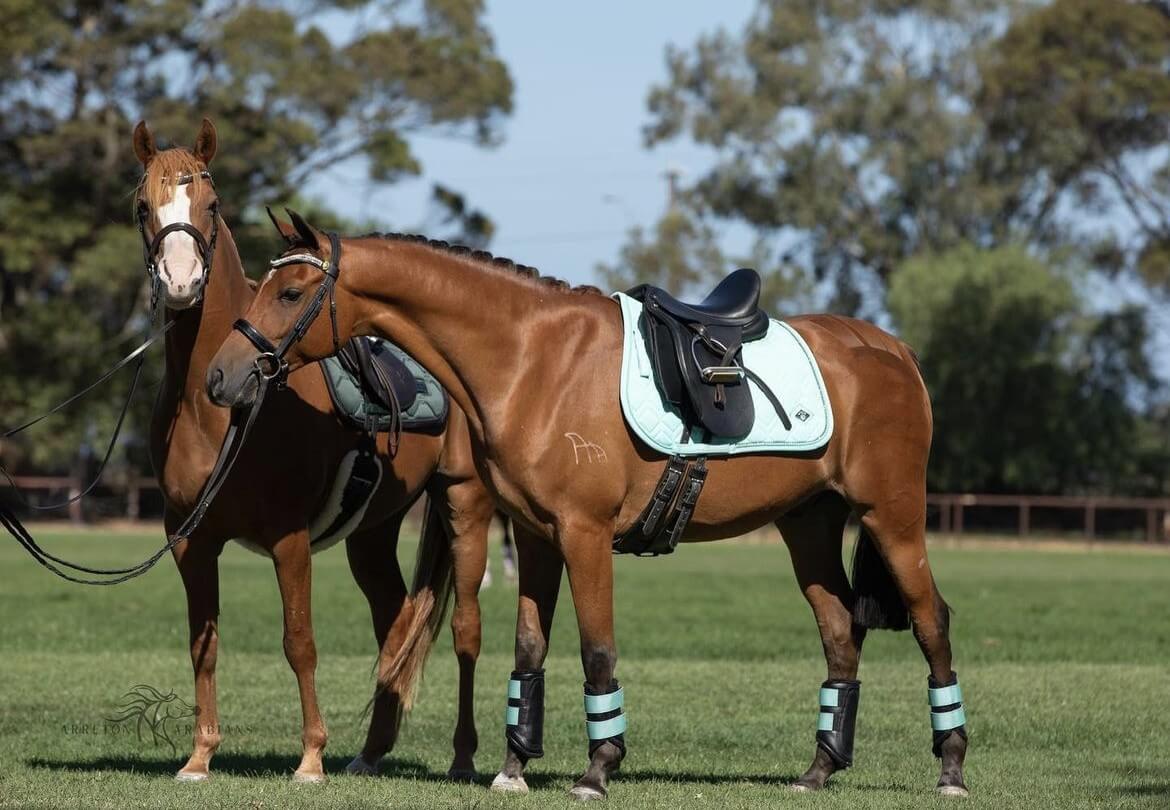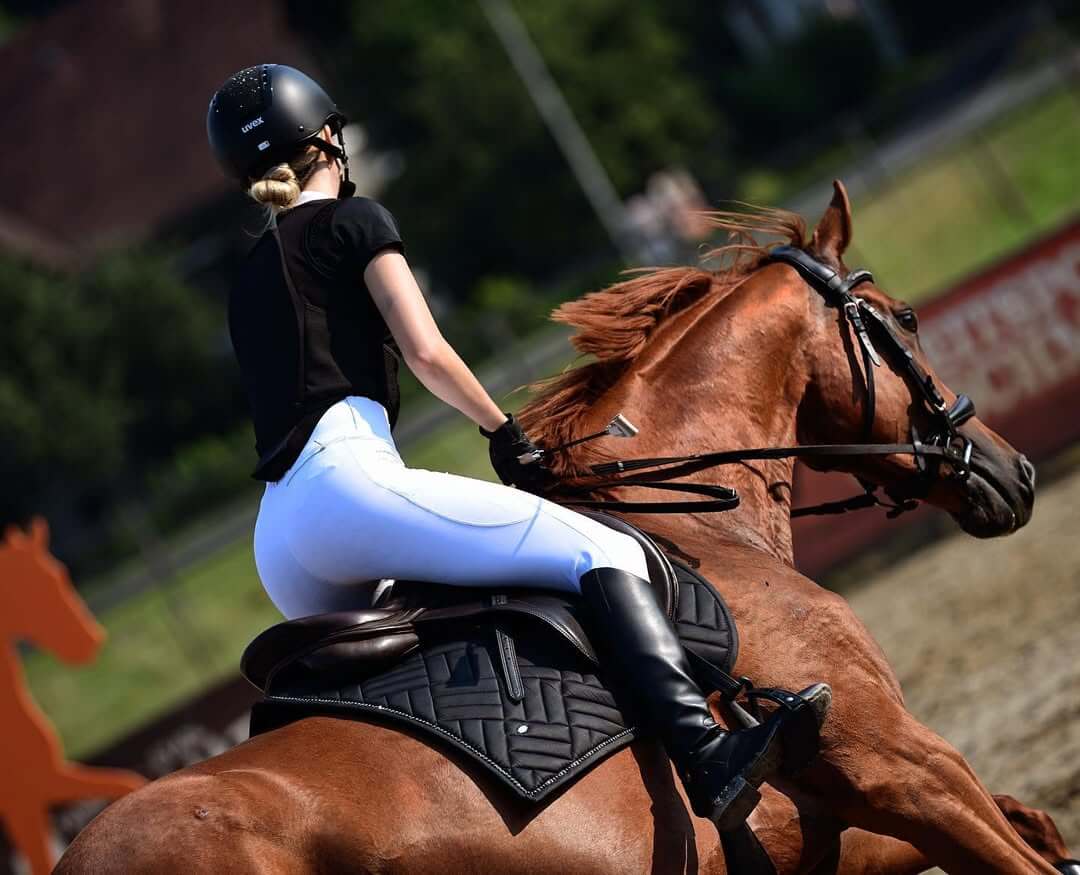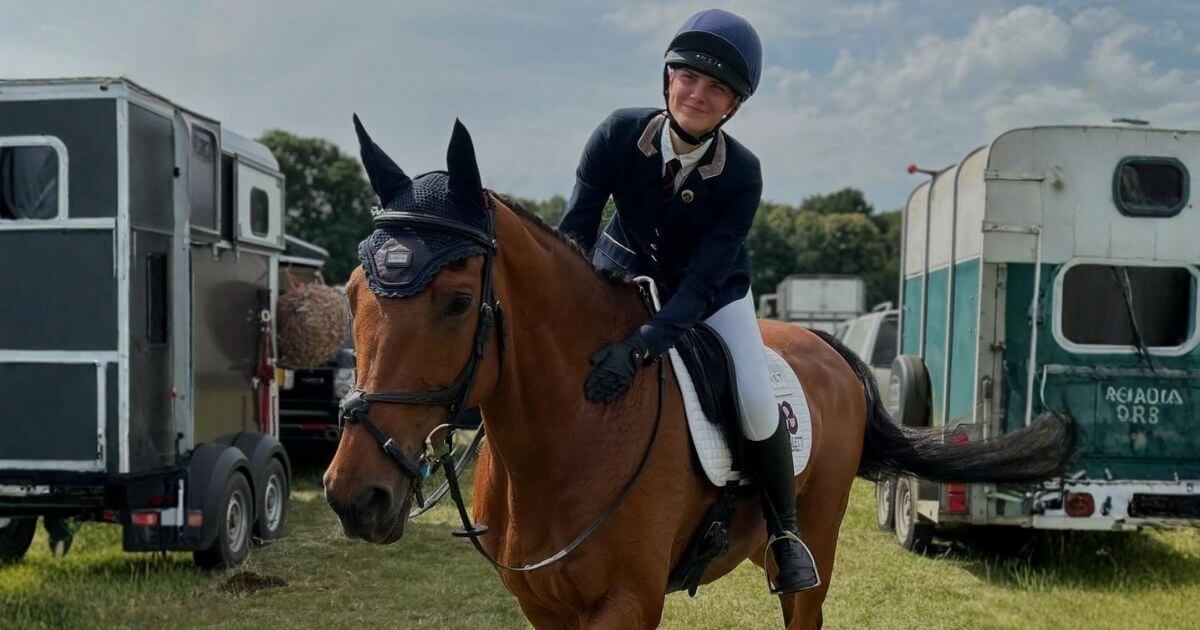Top Tips for Riding Horses in Winter
2
Nov
Top Tips for Riding Horses in Winter
The winter season can create challenges for horse owners and riders. While horses are naturally equipped to handle cold weather, there are still important considerations to ensure their well-being and your safety.

Here are some top tips for riding horses in winter:
- Make sure your horse has a proper warm-up. Just like humans, horses need to warm-up before any physical activity, especially in colder temperatures. Before getting on your horse, take the time to walk them for a few minutes to get their muscles warmed up.
- Dressing appropriately for winter riding is crucial. Layer your clothing to trap heat and protect yourself from the cold. Reach for thermal base layers, fleece jackets, and waterproof outerwear to stay warm and dry.
- Don't forget to protect your hands, feet, and head. Invest in quality winter riding gloves and wear warm, waterproof boots to keep your feet cozy. A good hat or headband can also help retain body heat, we stock bobble hats on our site!
- Before heading out, assess your horse's body condition. Horses with a healthy weight and thick winter coats are generally well-prepared for the cold. However, older or thinner horses may need additional protection, such as blankets or rugs, to keep them warm.
- Even in winter, horses need access to fresh water. Ensure your horse has access to water at all times, as dehydration can still occur in colder weather. Consider using heated water buckets or tanks to prevent freezing.
- Pay close attention to the ground conditions during winter rides. Ice can be dangerous for horses, making it essential to choose safe routes and avoid slippery surfaces. Consider using hoof boots or horseshoes with studs for added traction.
- Shorter daylight hours and extreme weather conditions may require you to adjust your riding schedule. Plan your rides during the warmest parts of the day and be flexible in case of unpleasant weather conditions.
- During winter rides, your horse's muscles may take longer to warm up and cool down. Be patient and ensure that you give them extra time to acclimate to the temperature changes before and after exercise.
- If your horse spends extended periods of time outdoors, make sure they have access to a shelter to protect them from harsh winds, rain, or snow. A well-insulated stable or run-in shed can provide a safe haven for your horse during the colder months
- Regular grooming is essential in winter to keep your horse's coat clean and healthy. It is a must in a horse's routine. Brushing helps promote blood circulation and removes dirt and loose hair, allowing their natural insulation to work effectively. Grooming also helps with warming the horse's muscles up before exercise!
Remember, every horse is different, and their tolerance to cold weather may vary. Pay attention to your horse's behavior and adjust your routine to suit them. By following these top tips, you can ensure a safe and enjoyable winter riding experience for both you and your equine friend!




